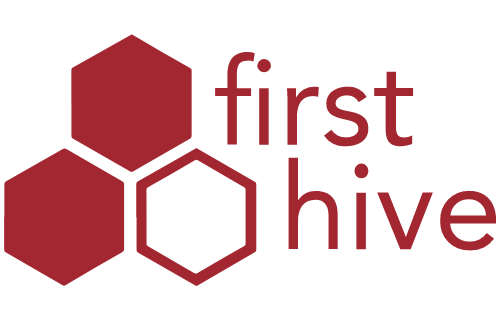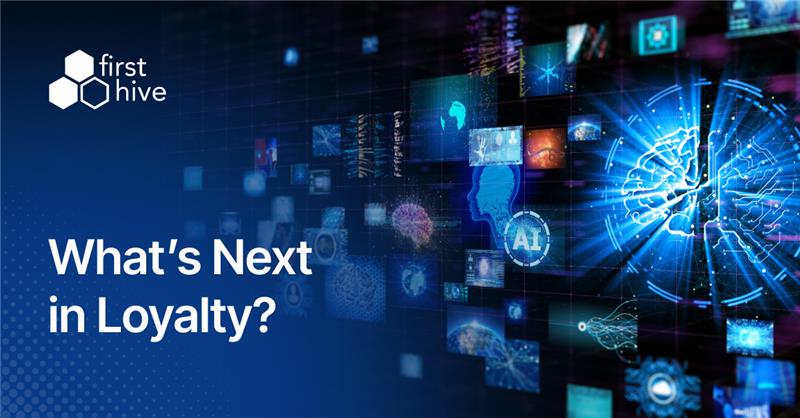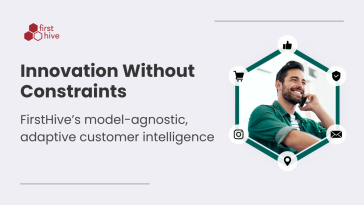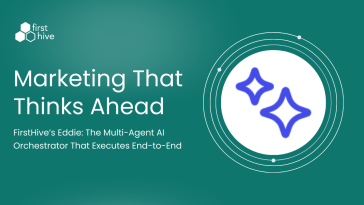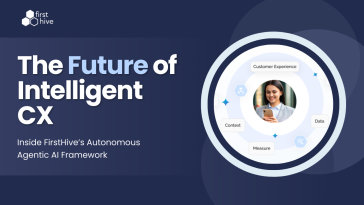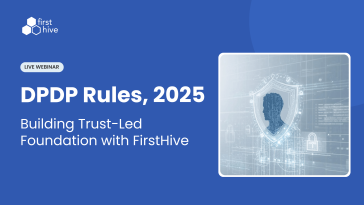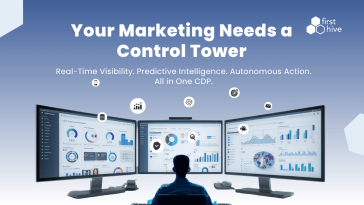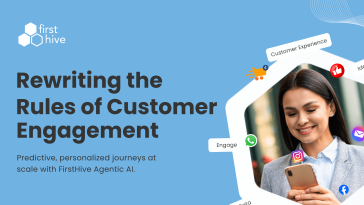Loyalty programs are evolving beyond points and discounts into dynamic ecosystems of engagement, personalization, and exclusivity. The next era of loyalty is about creating seamless, data-driven experiences that foster deeper emotional connections with customers.
Imagine a world where onboarding is instant and app-free, AI predicts what rewards will delight each customer, and real-time data fuels hyper-personalized engagement across every touchpoint. Brands are shifting from transactional loyalty to experiential and emotional loyalty—leveraging gamification, social rewards, and immersive brand communities to drive lasting customer relationships.
As technology advances, so do customer expectations. In this blog here, let’s look at how the future of loyalty will be shaped by automation, AI-driven insights, and innovative engagement models that go beyond traditional rewards. Are you ready to rethink what loyalty means for your brand?
Acquisition: Streamlining Onboarding in an App-Less World

With brands are focusing on minimizing customer acquisition costs while ensuring high engagement. App-less loyalty programs are gaining traction, offering simpler onboarding and reducing friction. By capturing just two key data points—contact details and transaction history—brands make it easy for customers to join without downloading bulky apps. Lightweight apps and OTP-based logins are emerging as efficient solutions. However, the trade-off is that this limits direct engagement opportunities such as product promotions or exclusive rewards. Meanwhile, B2B loyalty programs are moving toward automation, removing manual verification processes and relying on technology for validation.
Activation: Leveraging AI for Long-Term Engagement

A significant challenge in uncertain times is ensuring that customers remain engaged long after their first purchase. Many brands focus on acquisition but fail to nurture repeat engagement. By utilizing AI-powered customer journey tracking and behavior-based insights, brands can send automated reminders and personalized offers to keep customers coming back. Omnichannel automation is key in maintaining engagement through seamless and tailored touchpoints. As AI advances, these automated interactions become increasingly sophisticated, ensuring long-term relationships even in fluctuating markets.
Engagement: Harnessing Data to Drive Hyper-Personalization

In the era of economic instability, it’s not enough to offer generic rewards; brands need to build emotional connections. Personalized experiences have become a fundamental driver of loyalty. According to Forrester’s CX Index, when brands make customers feel appreciated, 76% stay loyal, 80% spend more, and 87% recommend the brand. Personalization, however, requires an in-depth understanding of individual customer needs—often complicated by fragmented and siloed data. This is where Customer Data Platforms (CDPs) come into play. By consolidating customer data and enriching profiles, CDPs enable brands to craft personalized, real-time experiences at scale—especially important as customer expectations evolve during economic fluctuations.
Retention: Moving Beyond Discounts to Emotional Engagement

In times of economic uncertainty, traditional loyalty strategies—such as bonus points and discounts—are less effective at retaining customers. Instead, forward-thinking brands are shifting toward emotional engagement. By offering unique, experiential rewards, recognizing personal milestones, and providing a sense of exclusivity, brands foster deeper connections. AI-powered gamification is also emerging as a powerful tool, blending financial rewards with emotional satisfaction. These strategies not only enhance customer retention but also increase engagement, which is crucial during periods of economic instability.
Loyalty: Transforming Customers into Brand Advocates

In today’s economy, customer loyalty extends beyond repeat purchases—it’s about building brand advocacy. Brands are now identifying their most loyal customers and rewarding them with exclusive clubs, VIP forums, and personalized experiences. According to Gartner, CMOs plan to increase loyalty program investments by 41% by 2025, reflecting the growing importance of loyalty in an uncertain economic landscape. Loyalty programs are no longer just retention tools; they are key to driving customer experience, leveraging transactional and behavioral data to deliver meaningful, personalized interactions.
The Road Ahead
The future of loyalty programs lies in evolving from transactional relationships to emotional connections. As brands continue to invest in AI, data-driven insights, and seamless customer experiences, the next wave of loyalty programs will focus on authentic engagement, hyper-personalization, and long-term relationship-building—even amid economic instability.
The real question isn’t whether loyalty programs work—it’s how brands can redefine and evolve them to remain competitive in a rapidly changing, unpredictable marketplace.
